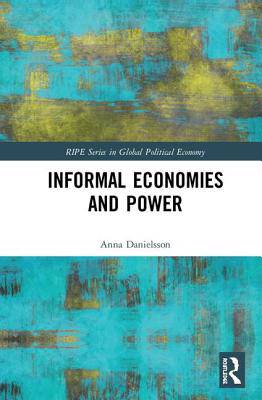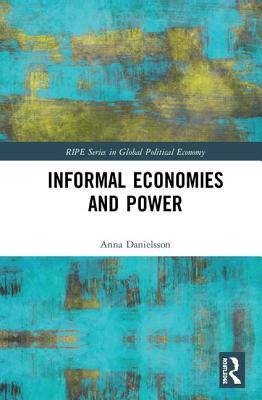
- Retrait gratuit dans votre magasin Club
- 7.000.000 titres dans notre catalogue
- Payer en toute sécurité
- Toujours un magasin près de chez vous
- Retrait gratuit dans votre magasin Club
- 7.000.0000 titres dans notre catalogue
- Payer en toute sécurité
- Toujours un magasin près de chez vous
Description
The global ubiquity of informal economic activities has turned informality into a key policy question, not least in international peace- and state-building. This book explores a core aspect of economic informality: its resilience despite comprehensive international anti-informality operations.
Using Kosovo as an illustrative case, Danielsson suggests that to understand the resilience of informality, two distinct areas of practice need to be studied in conjunction rather than separately. The first concerns the professional practices enacted by international organisations in their attempts to formalise the informal economy in Kosovo. The second area of practice concerns the everyday informal economic practices of social agents in Kosovo. To study these areas of practice at their junction, Danielsson uses Pierre Bourdieu's concept of symbolic power and argues that in post-conflict Kosovo, the distinct practices have become interwoven and co-constitutive of a novel ordering and meaning of informality. The resilience of the informal thus plays out through - while undermining and reinforcing the need of - the international anti-informality operations.
Including scholarship from global governance, global political economy and social theory, this book's original perspective on informal economies and power will appeal to scholars and professionals located in peace studies, development studies, and the field of international relations.
Spécifications
Parties prenantes
- Auteur(s) :
- Editeur:
Contenu
- Nombre de pages :
- 160
- Langue:
- Anglais
- Collection :
Caractéristiques
- EAN:
- 9780815396512
- Date de parution :
- 06-11-18
- Format:
- Livre relié
- Format numérique:
- Genaaid
- Dimensions :
- 156 mm x 233 mm
- Poids :
- 384 g

Les avis
Nous publions uniquement les avis qui respectent les conditions requises. Consultez nos conditions pour les avis.






